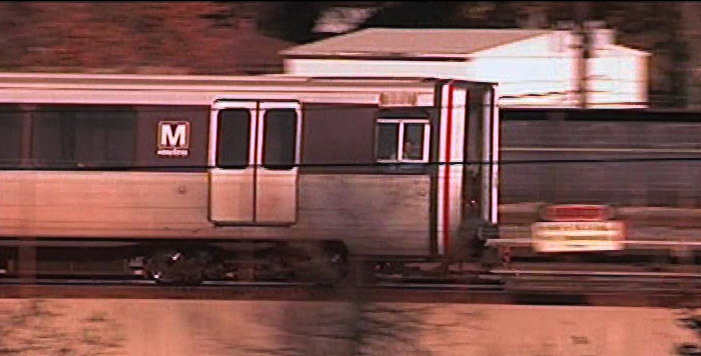
Berliner, Floreen, Hucker Concerned about Metro Raising Fares and Reducing Service
The Montgomery County Council’s Transportation, Infrastructure, Energy and Environment Committee sent a letter this week to Chair Mortimer Downey and the other members of the Washington Metropolitan Area Transit Authority (WMATA, or Metro) Board of Directors “expressing our deep concern” about a staff proposal the board will consider on Feb. 26 to increase fares and reduce services.
In the letter, Council T and E Committee Chair Roger Berliner and committee members Nancy Floreen and Tom Hucker wrote, “Our region’s quality of life and economic competiveness is inextricably linked to a high performing and safe Metro operation. If WMATA fails to deliver, an additional hundreds of thousands of people in our area will be tempted to commute by car, clogging already jam-packed roads. Our region needs to do everything in its power to get people out of their cars, not give them good excuses to get in them.”
You can read the letter in its entirety below:
February 24, 2015
Mortimer Downey, Chair
Board of Directors
Washington Metropolitan Area Transit Authority
600 5th Street, NW
Washington, DC 20001
Dear Chair Downey and Directors of the Board of the Washington Metropolitan Area Transit Authority,
On February 26, your Board is scheduled to consider placing a staff proposal to increase fares and reduce service on a docket for public comment. We are writing to express our deep concern regarding this proposal and would urge you to consider a two-fold alternative approach – (1) short-term budget savings and (2) a long-term funding solution that guarantees additional and dedicated funding for the system.
Our region’s quality of life and economic competiveness is inextricably linked to a high performing and safe Metro operation. If WMATA fails to deliver, an additional hundreds of thousands of people in our area will be tempted to commute by car, clogging already jam-packed roads. Our region needs to do everything in its power to get people out of their cars, not give them good excuses to get in them.
Regrettably, we believe that the staff budget proposal threatens to create a “death spiral.” If fares increase even further and service deteriorates, fewer people will opt to ride Metro. Lower ridership in turn will inevitably translate into further service cuts, fare increases, and even lower ridership. This is most assuredly not a sustainable path forward.
The problem lies squarely in how Metro is funded. Metrorail’s farebox recovery rate of 66 percent is the highest in the nation. As a result of this farebox recovery rate, fares are already too high and budgets are extremely sensitive to corresponding dips in ridership.
Instead of this unsustainable model, the WMATA Board should push further for additional and dedicated funding from the state and local jurisdictions that use and fund the service. More funding would provide financial stability to the authority and give lower fares to riders.
We are obviously mindful that such a request comes at a time when public confidence in WMATA is at an all-time low. The recent tragic incident at L’Enfant Plaza and the fallout from the investigation speak to serious and numerous public safety lapses; Metro railcars break down three times more frequently than New York subway cars; and the authority’s lapses in financial accountability have left Metro reliant on short-term borrowing totaling approximately $500 million.
Accordingly, serious reforms must accompany any increase in financial support from the public. As part of its funding request, WMATA should include resources for an independent third party top-to-bottom thorough assessment of the organization. An independent assessment of the organization is particularly timely given the fact that there will be a new General Manager in the near future, who would greatly benefit from such an assessment.
Every aspect of the organization should be subject to a fresh examination in order to assess how WMATA can provide its critically important service more safely, reliably, and cost-effectively. Part of this review should take a new look at the Key Performance Indicators (KPIs) that have been adopted by WMATA for (1) on time performance; (2) bus and rail car reliability; (3) escalator and elevator availability; (4) customer satisfaction; and (5) public safety, including whether the goals are set high enough and what exactly happens, and should happen, when these key indicators are not met.
Bottom line: there are three fundamental truths at work simultaneously – (1) Our region needs Metrorail to be successful; (2) Metrorail needs more financial support and less reliance on farebox recovery; and (3) WMATA, as an organization, must commit to serious reforms and performance metrics.
We urge you to oppose the current proposal, and instead work for a more sustainable fiscal and operational future for the system.

Engage us on Facebook
Follow us on Twitter
Tweets by @mymcmedia